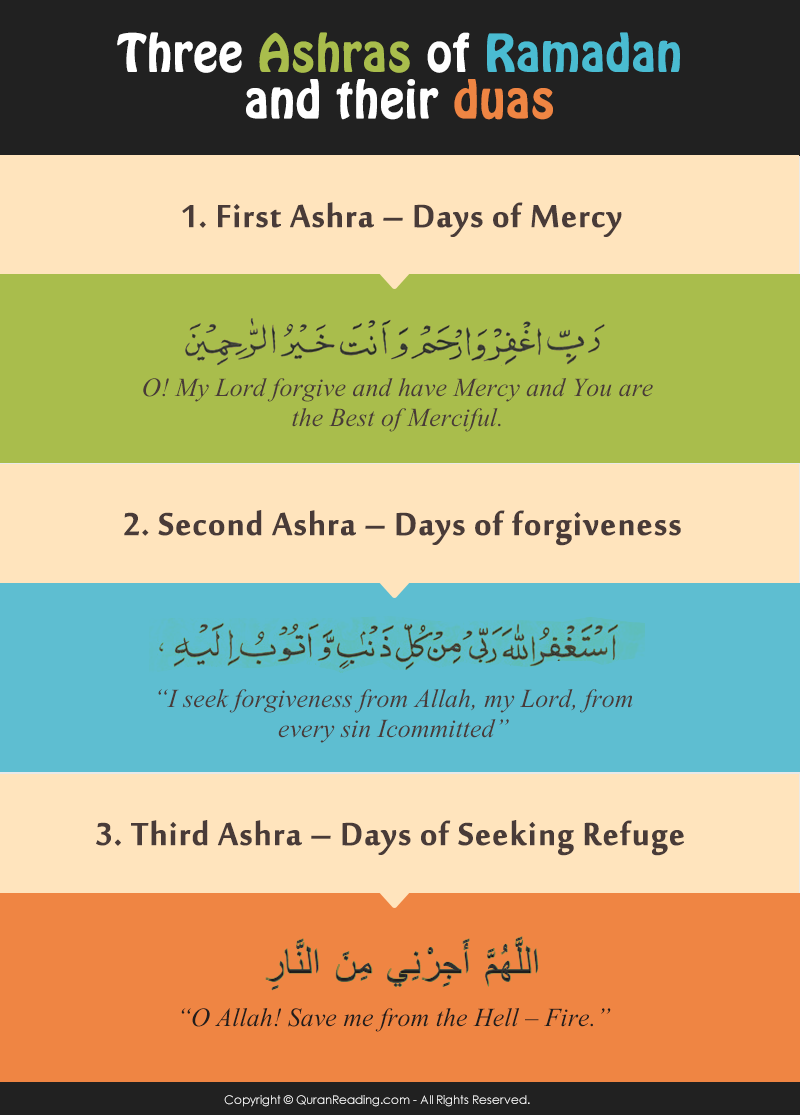

Ramadan Dua: The Significance And Practices Of The Second Half Of Ramadan
Ramadan Dua is a term that resonates deeply with millions of Muslims around the globe, embodying the spiritual essence of the latter half of Ramadan. As the holy month unfolds, the importance of this period becomes increasingly evident, especially as it leads to the celebration of Laylat al-Qadr, or the Night of Decree. In this article, we will delve into the significance of Ramadan Dua, explore its practices, and understand how Muslims around the world engage in this sacred time.
The second half of Ramadan is a time for reflection, prayer, and increased devotion. During this period, Muslims are encouraged to intensify their worship, seeking forgiveness and guidance from Allah. This article aims to provide a comprehensive overview of Ramadan Dua, its cultural implications, and the various practices associated with it.
As we navigate through the intricacies of Ramadan Dua, we will examine its historical context, the spiritual benefits it offers, and how it fosters a sense of community among believers. Join us as we explore the profound depths of this sacred time, enriching your understanding and experience of Ramadan.
Table of Contents
- What is Ramadan?
- Significance of Ramadan Dua
- Spiritual Benefits of Ramadan Dua
- Common Practices During Ramadan Dua
- Laylat al-Qadr: The Night of Decree
- Community Engagement During Ramadan Dua
- Challenges During Ramadan Dua
- Conclusion
What is Ramadan?
Ramadan is the ninth month of the Islamic lunar calendar, observed by Muslims worldwide as a month of fasting, prayer, reflection, and community. It commemorates the first revelation of the Quran to the Prophet Muhammad and serves as a time for spiritual cleansing and growth.
Significance of Ramadan Dua
Ramadan Dua holds immense significance within the Islamic faith. It is a time when Muslims are encouraged to increase their supplications and prayers, seeking Allah's mercy and forgiveness. The essence of Ramadan Dua lies in its ability to connect individuals with their faith and foster a deeper relationship with Allah.
The Role of Dua in Islam
Dua, or supplication, is an integral part of a Muslim's life. It is a means of communication with Allah, allowing followers to express their needs, desires, and gratitude. During Ramadan, the act of making Dua is amplified, as the month is considered a time when prayers are more readily accepted.
Spiritual Benefits of Ramadan Dua
Engaging in Ramadan Dua provides numerous spiritual benefits, including:
- Forgiveness: Seeking forgiveness for past sins and transgressions.
- Guidance: Requesting direction in life and clarity in decision-making.
- Increased Faith: Strengthening one's faith and reliance on Allah.
- Community Connection: Fostering a sense of unity and togetherness within the Muslim community.
Common Practices During Ramadan Dua
During the second half of Ramadan, Muslims often engage in several practices that enhance their spiritual experience:
- Increased Prayer: Muslims perform additional prayers, including Taraweeh during the night.
- Reading the Quran: Many aim to complete the Quran during Ramadan, dedicating time to its recitation and reflection.
- Charity: Giving to those in need, which is emphasized during Ramadan.
- Night of Decree: Seeking to pray and reflect during the last ten nights of Ramadan, especially on Laylat al-Qadr.
Laylat al-Qadr: The Night of Decree
Laylat al-Qadr, also known as the Night of Decree, is one of the most sacred nights in Islam, believed to occur during the last ten nights of Ramadan. It is the night when the Quran was first revealed, and it is said to be better than a thousand months.
The significance of Laylat al-Qadr is profound, as it is a time when Muslims believe that prayers and supplications are especially accepted. Engaging in worship on this night is highly encouraged, with many opting for extra prayers and reading of the Quran.
Community Engagement During Ramadan Dua
Ramadan is not just a personal journey but a communal experience. Many Muslims engage in communal prayers, iftar gatherings, and charity events, fostering a strong sense of community and togetherness.
These gatherings serve to strengthen bonds among community members, allowing them to share their experiences and support one another during this sacred time.
Challenges During Ramadan Dua
While Ramadan Dua is a time of spiritual growth, it can also present challenges for individuals. Some common challenges include:
- Physical Fatigue: The demands of fasting can lead to physical exhaustion.
- Distractions: The hustle and bustle of daily life can hinder spiritual focus.
- Emotional Struggles: Some may experience feelings of loneliness or anxiety during this time.
Addressing these challenges requires self-awareness and commitment to maintaining a balance between spiritual and physical well-being.
Conclusion
In conclusion, Ramadan Dua represents a crucial aspect of the holy month, emphasizing the importance of prayer, community, and spiritual growth. By engaging in the practices associated with Ramadan Dua, Muslims have the opportunity to deepen their connection with Allah and enhance their faith.
As we reflect on the significance of this sacred time, we encourage readers to embrace the spirit of Ramadan Dua, actively participate in communal activities, and share their experiences with others. Your journey through Ramadan is not just personal; it is a shared experience that enriches the entire community.
Thank you for joining us on this exploration of Ramadan Dua. We invite you to leave your comments below, share this article with fellow Muslims, and continue your journey of faith by exploring more articles on our site.
Weather In February San Francisco: A Comprehensive Guide
Character Reference Letter For Court: A Comprehensive Guide
Pitched Roof: Understanding The Benefits And Design Options


![Ramadan dua[1]](https://i2.wp.com/cdn.slidesharecdn.com/ss_thumbnails/ramadandua1-130715081111-phpapp02-thumbnail-4.jpg?cb=1373875954)